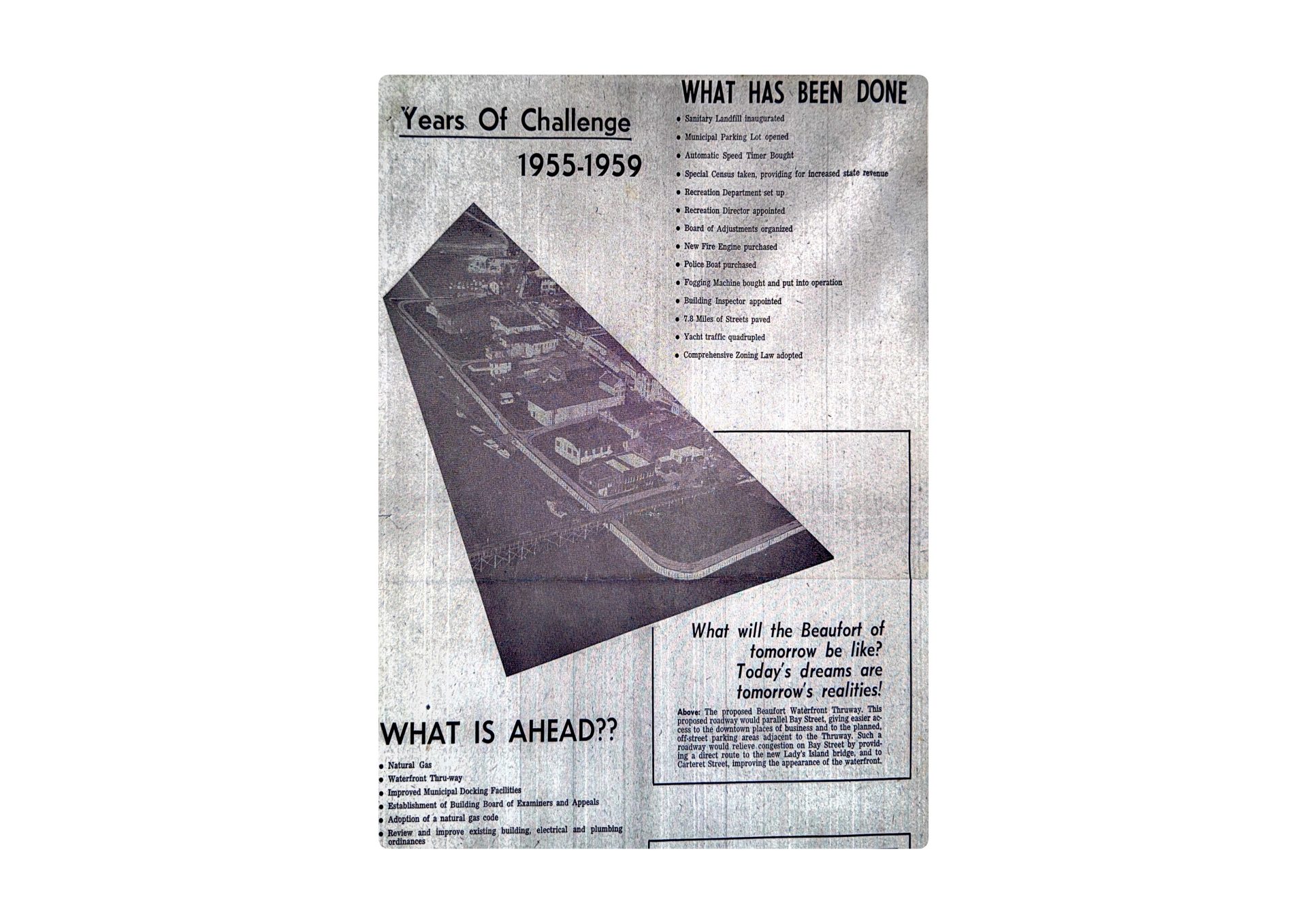By Bill Rauch
Among executive sessions, the Beaufort County Council’s Oct. 4 work session was a doozey.
That was the closed door meeting where the full council interviewed Daniel J. Alfonzo, W. Anthony McDonald and Josh Gruber in advance of their attempting to choose one of the three to fill the vacancy left by County Administrator Gary Kubic, who had the previous month cleaned out his desk and returned to Ohio to attend to pressing family business.
Hilton Head Island Town Manager Steve Riley had been on the headhunter’s list, but he had recently withdrawn his name. Alfonzo was then and still is the city manager of Miami. McDonald had recently left a three-year stint as Richland County’s administrator. And Gruber was Beaufort County’s deputy administrator, having been hand-picked by Gary Kubic several years before.
The county had paid Slavin Management Consultants of Norcross, Ga., about $25,000 for their professional services plus expenses to develop the list of four.
According to several council members who attended the session, on his way out the door Kubic had spoken to the council members one-by-one, saying that Gruber, a lawyer who had by then prepared three complete county budgets, hired six county department heads and was conducting searches for three more, and dealt with a host of other politically ticklish issues, was, at age 36, ready for the top job.
Some agreed with him, others weren’t so sure.
Unlike Alfonso and McDonald who were unknowns, the council members had a history with Gruber. He had prosecuted, for example, on behalf of a majority of council, a couple of dangerous dog cases where the dogs’ owners were required to obtain $50,000 in liability insurance on the dogs or face charges, opinions that drew passionate objections from dog-loving council members.
It had also been Gruber who on behalf of the county took on the county’s 13 part-time magistrates over the issue of their receiving full county-paid health insurance coverage when the county’s other 150 part-time workers were denied the benefit. That issue too split council.
And, perhaps most divisive, Gruber represented the county in the court of public opinion as the County Council first voted unanimously to deny health insurance to some of its retirees.
But then, caving to criticism, some council members then changed their votes, leaving Gruber once again to carry the ball for a thin majority.
There were other controversies as well, mostly ones related to appointments to boards and commissions where candidates that council members favored for one reason or another didn’t get the nod.
Some of those wounds were still raw on Oct. 4.
After the interviews, Chairman Paul Sommerville dismissed everyone but the other 10 council members from the room. Then the 11 elected officials had it out over the single issue that is of the utmost personal and political importance to them: Who among the three could they trust to fairly implement the directives they would promulgate in the upcoming years? What if they didn’t yet have the full support of council behind their issue? What would he do? How tall would he stand? Who among the three could they count on to work with them, to stand by them, maybe even to carry some water for them as they sought to advance their own agendas?
After a tough discussion of pros and cons, Sommerville went around the table asking each council member to express his or her preference so that the leadership could gain “a sense of council.”
When each had spoken it was clear there was no consensus, there was no agreement among the group. Seeing that Gruber was close to gaining what could be considered a thin majority, Sommerville asked if anyone who hadn’t jumped before wanted now to jump onto the Gruber train. None spoke up.
The jury was hung and $25,000 of the taxpayers’ dollars were out the door.
A couple of days later council members Rick Caporale and Steve Fobes shared a cup of coffee at the Indigo Run Barnes & Noble latte parlor that has become the successor 21st century version of the “smoked filled back room” for Hilton Head Island pols since the Atlanta Bread Company (“ABC”) closed.
The two decided there, Councilman Caporale explained last week, that “the process needed to be rebooted. We agreed,” he recounted, “that Slavin had done a poor job.”
At the next county council meeting, again in executive session, the two made their case that Slavin should be ditched and a majority of council concurred.
Councilman Steve Fobes did not return calls, but other council members confirmed Caporale’s version of the events.
But how then to proceed?
A few weeks of internal discussions then ensued during which council considered that since Gruber was now acting administrator and as such the one who instructs the county’s attorneys, how could the county’s attorneys be asked to write an unbiased request for proposals (RFP) for a new search firm?
Finally another one of the group, Councilman Brian Flewelling, who represents County Council on the Lowcountry Council of Governments (LCOG) board suggested the COG be brought in to write the RFP and to circulate it.
In one-on-one phone calls, a majority of council was able to agree on that approach and on Nov. 20 County Council entered into a contract with the COG the provisions of which state that for $12,500 the COG will write up and circulate an RFP that solicits proposals from search firms, and bring all the candidates back to County Council for their evaluation in February 2018.
The contract with the COG contains a “tentative schedule” that suggests a new search firm will be in place on March 1.
Lowcountry Council of Governments Executive Director Sabrena P. Graham didn’t return calls requesting clarification of the details of the COG’s efforts, specifically whether the COG had issued the RFP, as the contract’s tentative schedule suggests they should have by last week, or whether their efforts are already behind schedule.
Others say the COG’s schedule is optimistic. Council Finance Committee Chairman Jerry Stewart, for example, who favors tapping Gruber for the top job now, predicts that at this rate it will be the end of the summer and at least another $60,000 after the COG is paid before a new administrator is in place. That is just to pay for the newly-initiated search process.
“This process is costly and a waste of time,” he observed last week. “ Josh is there. He wants the job. He’s doing the job. Gary did a hell of a job hiring good people, and he supports Josh. What’s the problem here?”
Ironically it appears the biggest thing keeping Gruber from being formally tapped for the top job is exactly that: that he’s already doing the job. Councilman York Glover, for example, took pains to reassure me last week “that Josh is serving as interim.”
Councilman Caporale who could with a phone call get Gruber the job told me last week: “There’s no urgency. Josh is there. He’s handling everything. He’s a smart guy.”
A third who could provide the swing vote, Councilman Flewelling, agreed, using almost the same words. “There’s no real urgency,” he explained to me last week.
“Any of the day-to-day operations can be handled by Josh. What we’re not sure of is his ability to bring us the long-term planning expertise we’re looking for.”
That too is ironic, of course, because it was Kubic’s decision to elevate Gruber to deputy county administrator in 2014 that allowed Kubic to get out of the weeds and start thinking big picture.
Besides the new $75,000 to pay the COG and the new search firm, what might be other costs of keeping Gruber in his present interim status for the next nine months to a year, I asked.
From the council members I got two answers. (1) Gruber might take another job elsewhere where he is assured more job security. He has, after all, requested twice to be considered for the top job in other counties, and (2) while he is in interim status he has no deputy and thus cannot get out of the day-to-day weeds and focus on the county’s long-term needs any more that Kubic could before he elevated Gruber.
The county’s leadership thus must face the real possibility of their being seen as “just treading water” for most of 2018, which for some is an election year.
Sommerville, a longtime Gruber supporter, characteristically tries to find the common ground. “When the disarray manifests itself I ask, ‘Where can we find consensus?’ ” he said last week.
He was answered concisely by council member Alice Howard, nearing the end of her first four-year term and also a Gruber supporter.
“After 3 1/2 years of working with and watching Josh,” she told me last week, “I don’t know any reason why he couldn’t ultimately be the consensus candidate.”
Bill Rauch was the mayor of Beaufort from 1999-2008. Email Bill at TheRauchReport@gmail.com.



